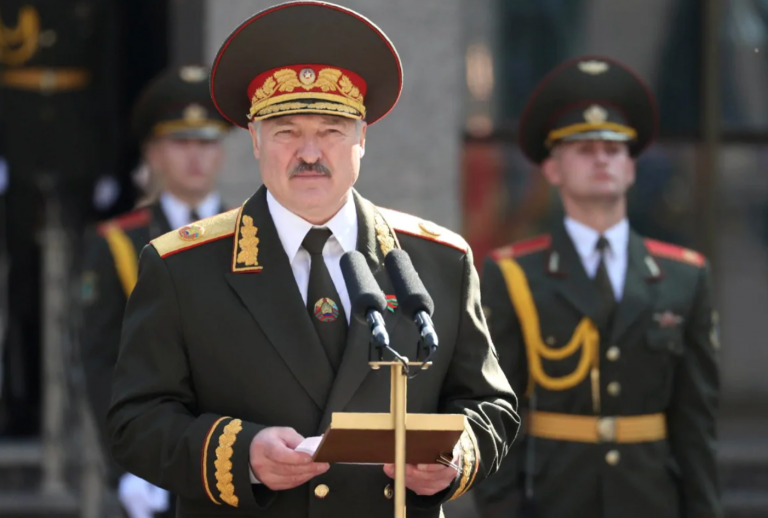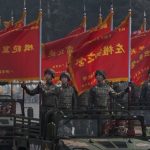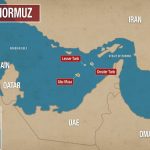Lukashenko’s inauguration was a significant symbolic act of selling yet more components of Belarusian sovereignty out to Russia. Having “re-elected” Lukashenko, Belarus practically lost a part of its international identity. Lukashenko’s inauguration on September 23, 2020, came as an unprecedented event for global policy. The presidents elected before did not swear in under wraps.
The Russian Federation is advocating for Lukashenko’s legitimacy. Such standpoint is due to the fact that the recognition of an authoritarian leader who is trampling standards and principles of democracy is the basis for Russia’s policy, placing a premium on courting allies from rogue states. It is highly likely fair to say that Russia will swap Belarus president for more pro-Kremlin rubber stamp. That is why Putin does not conduct a meeting with Lukashenko after the end of the elections in this country.
Bringing Lukashenko to power, despite numerous violations, ballot-rigging, and authoritarian suppression of peaceful protest, downgraded official Minsk as a negotiable entity.
Despite an attempt to drag out the time, Lukashenko failed to deescalate protest tension in Belarus. The Kremlin expects Lukashenko’s inauguration to trigger a new wave of protests. Thus, the Kremlin, on the one hand, advocates for Lukashenko, but on the other hand, it counts on large-scale protests in Belarus that would need to be put down harshly.
Since the protests in Belarus started, Moscow has been speeding up negotiations with Minsk not just on further deployment of Russian troops in Belarus, but also on the deployment of new military facilities in exchange for political and economic support for A. Lukashenko’s regime. Moscow, therefore, seeks to strengthen and deploy its military forces at NATO’s eastern borders toimprove its negotiating positions with the West.
Russia regards the territory of Belarus just as a buffer zone to conduct possible campaign with the NATO countries (primarily Poland, Lithuania, Latvia) and Ukraine.
Russia’s military facilities located in Belarus are the following: the 43rd zonal Communications Center of the Navy, 7 km from the city of Vileyka in the Minsk region, and the 474th separate radio engineering center (ORTU), 48 km south-east of the city of Baranovichi, Brest region. It has a radar that monitors NATO submarine patrol areas in the North Atlantic and the Norwegian Sea. The radar is capable of detecting ballistic missiles and space objects at a distance of more than 2 thousand km.
Starting from the spring of 2013, Russia has pushed for deploying its air force regiment in Belarus. The Russians tentatively wanted to place an air group at an airbase near Bobruisk. But in 2017, Lukashenko emphasized he saw no need to develop a military base within the territory of Belarus. The Kremlin is likely to get back to the topic of setting up an air base in Bobruisk.
Given the Kremlin’s end goal is to uninstall the Euro-Atlantic institutions of NATO and the EU, attempts to broker a compromise with Moscow are pointless.
Belarus is an important link in the plans by the Russian government to expand the borders of the country by rekindling the Soviet Union’s analogue (the Russian Empire).
In 2018 Russia made several researches of public opinion in Belarus. The polling was designed to collect statistical and analytical information about the public opinion of Belarusians about the main political factors, attitudes towards the Russian Federation and the so-called Union State. The surveys also studied the protest potential and the number of those who sympathize with Russia and those who are hostile to it. Apparently, Russia is assessing the planned scenarios to destabilize Belarus.
https://informnapalm.org/en/russian-sociological-centers-study-belarus-like-ukraine-before-the-war/
According to the data obtained, researchers are primarily focusing on the age group of 17–35 year-olds, a category with the highest combat potential.
This fact gives the opportunity to suggest that Russia could be looking at the final implementation of the so-called Union State of Russia and Belarus project at least 2 years ago. Since that time Belarus faced a direct threat of being incorporated into the Russian Federation under the guise of alliance agreements.
Russia runs up to swallowing up Belarus. On September 15, State Duma Speaker Vyacheslav Volodin said it would be critical to bring the legislation of the two countries in harmony as soon as possible. Russian media also anticipate further debate on adopting a single currency in both states.
A High-level group meeting is scheduled for the end of September, where a road map for integration within the Union State will be adopted.




